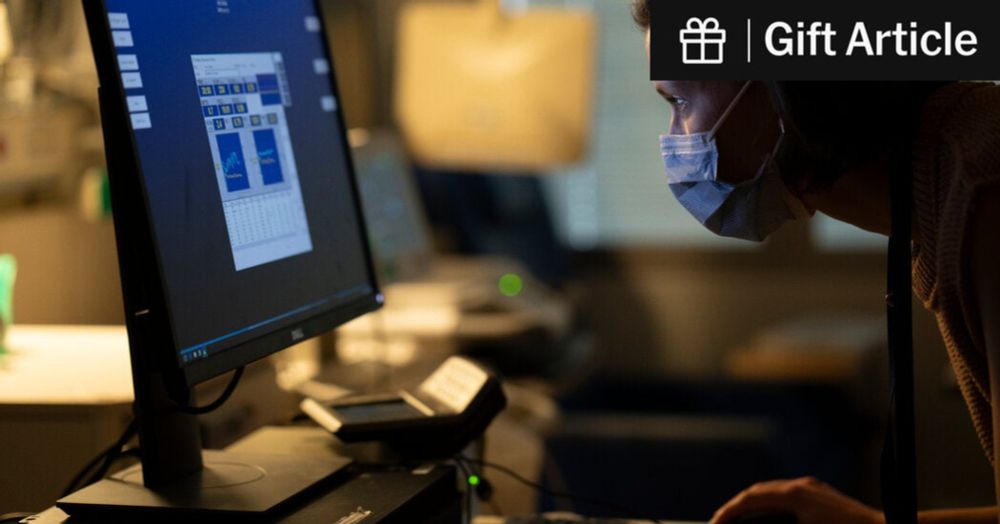


We made a simple tweak in the default order that made things easier for patients and reduced disparities... 🧵👇#nudge
jamanetwork.com/journals/jam...

We made a simple tweak in the default order that made things easier for patients and reduced disparities... 🧵👇#nudge
jamanetwork.com/journals/jam...

We made a simple tweak in the default order that made things easier for patients and reduced disparities... 🧵👇#nudge
jamanetwork.com/journals/jam...
#EconSky
www.nytimes.com/2025/03/31/b...

#EconSky
www.nytimes.com/2025/03/31/b...


apple.news/AMuwpa1jfRmS...


apple.news/AMuwpa1jfRmS...
RCT w/ 1,100 divers from 49 states
A modest incentive tied to maintaining streaks of seatbelt use led to sustained increase use!
ajph.aphapublications.org/doi/abs/10.2...

RCT w/ 1,100 divers from 49 states
A modest incentive tied to maintaining streaks of seatbelt use led to sustained increase use!
ajph.aphapublications.org/doi/abs/10.2...
intervention with modest financial incentives led to a sustained increase in seat belt use! 🚗 @kitdelgado.bsky.social ajph.aphapublications.org/doi/epdf/10....

intervention with modest financial incentives led to a sustained increase in seat belt use! 🚗 @kitdelgado.bsky.social ajph.aphapublications.org/doi/epdf/10....
Read more at our new Q&A here:
ldi.upenn.edu/our-work/res...

Read more at our new Q&A here:
ldi.upenn.edu/our-work/res...

His groundbreaking work in public health and emergency medicine is making a global impact.
Learn more: ldi.upenn.edu/our-work/res...

chti.upenn.edu/2025-nudge-r...

chti.upenn.edu/2025-nudge-r...
Now we're seeing a shift to #medetomidine which causes a severe withdrawal syndrome often needing ICU care. Read this:
hip.phila.gov/document/487...

Now we're seeing a shift to #medetomidine which causes a severe withdrawal syndrome often needing ICU care. Read this:
hip.phila.gov/document/487...


whyy.org/articles/acc...

whyy.org/articles/acc...

symposium-2024-webpage.my.canva.site

symposium-2024-webpage.my.canva.site

Still post occasionally on twitter, nice to see academic colleagues on here
x.com/kit_delgadoMD
Still post occasionally on twitter, nice to see academic colleagues on here
x.com/kit_delgadoMD

